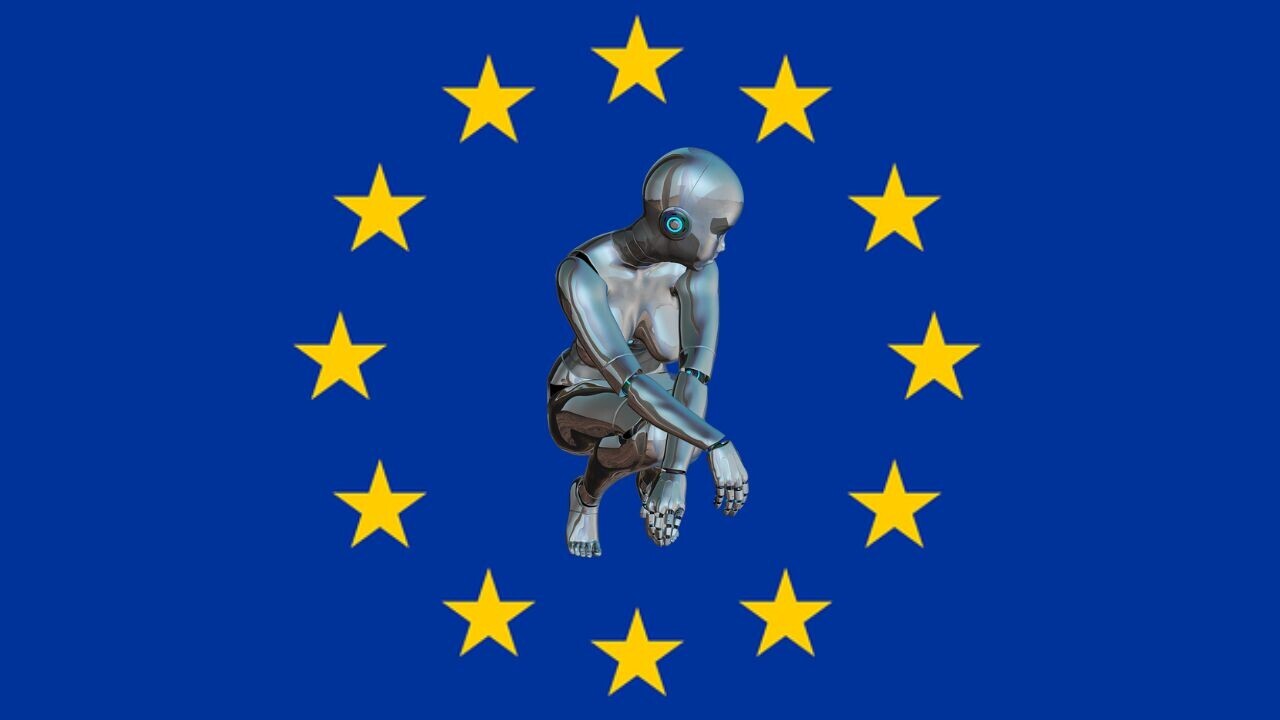
The EU’s upcoming AI Act has an ambitious goal: to set the world’s first legal framework for regulating artificial intelligence. But its strict approach towards General Purpose AI (GPAI) and foundation models has sparked controversy both among the bloc’s policymakers and the wider tech industry.
Now, following the act’s latest Trilogue negotiations between the Commission, the Council, and the Parliament, representatives of Europe’s IT sector are worried that the bill “misses the mark on tech neutrality and risk-based control.”
In a joint statement, the signatories, who include DOT Europe, argue that the suggested proposals on GPAI and foundation models are neither aligned with the complexity of the AI value chain, nor are they consistent with the act’s intended approach to regulate based on risk and not on the type of technology being used.
Specifically, they express concerns about the potential classification of the two technologies as “highly capable,” or as having “high impact,” noting that the EU’s criteria for this assessment aren’t directly linked to the level of risk an AI system may pose.
They further add that any obligations designed for foundation models should take into consideration the multinational and multi-stakeholder ecosystem, in order to enable co-regulatory processes where actors across the entire value chain can help shape future governance.
Meanwhile, the sector representatives are against the potential additional requirements for using copyrighted data to train AI systems, given that there’s already a comprehensive framework of copyright protection in the bloc.
“We believe this additional legal complexity is out of place in the AI Act, which is primarily focused on health, safety, and fundamental rights,” reads the statement.
Alongside DOT Europe, the signatories include The Software Alliance (BSA), the Computer & Communications Industry Association (CCIA), the Developers Alliance, the Information Technology Industry Council (ITI), and the Association of the Internet Industry (eco).
The IT sector isn’t the first to express concerns about the AI Act. Executives at some of Europe’s biggest companies have raised fears over how over-regulation could stifle innovation, while the US has warned that the bill would hurt smaller European companies and only benefit the big players.
Get the TNW newsletter
Get the most important tech news in your inbox each week.




